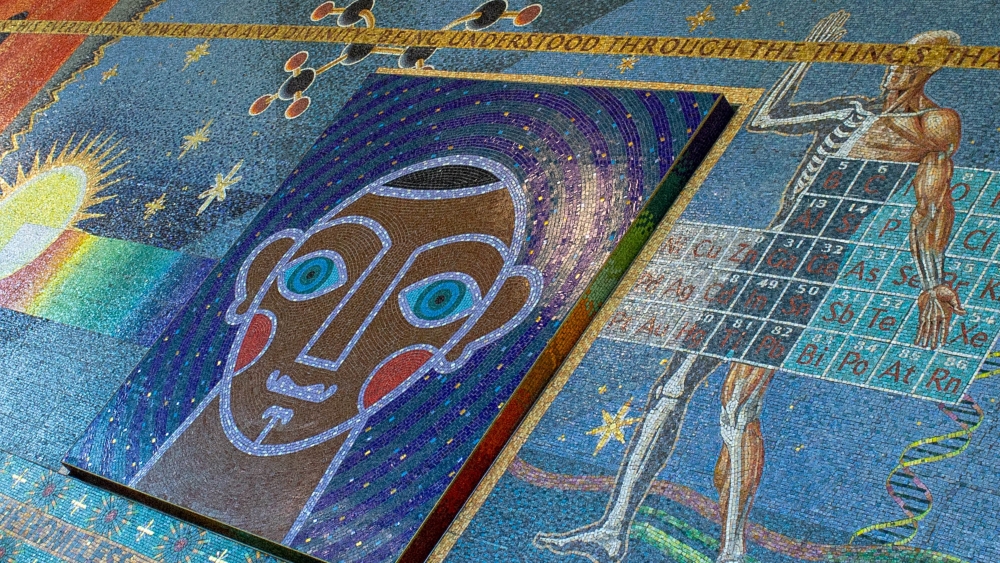Nursing burnout after the COVID-19 pandemic: A small descriptive study of hospital-based nurses from two countries
Purpose
The primary aim of this study is to collect data on professional nurses in two countries to ascertain current levels of burnout and compare these to historical published values.
Background and significance
According to the World Health Organization (WHO) there are 27.9 million nurses globally with 19.3 million considered to be professional nurses. The education and time investment in becoming a nurse is significant and yet, once a nurse, the work conditions are challenging. There is daily personal contact with human suffering, physical demands, inadequate resources, non-competitive pay, and low organizational support. In such an environment, significant percentages of nurses have historically suffered from nurse burnout. More recent studies support that the COVID-19 pandemic increased the percentage of nurses suffering from nurse burnout. Burnout recovery post-pandemic is unknown.
Theoretical/Conceptual framework
This study is grounded in Watson’s Theory of Caring whereby nurses are intent in forming helping, trusting, authentic and caring relationships with their patients.
Method
This is a cross-sectional, descriptive survey study of hospital-based nurses in two countries, United States and the Kingdom of Saudi Arabia (KSA). Established instruments were used to collect anonymous data on professional nurses in two countries to ascertain levels of burnout, stress, fatigue, trauma, recovery, grief, and sleep disorders.
Results
A total of 166 nurses responded to the online survey. There were no significant differences found between US and KSA nurses in measures of age, years of nursing experience, quality of life, compassion satisfaction, burnout, perceived support, secondary traumatic stress, or insomnia. Nurses from KSA reported greater levels of sadness (p=.02). Nurse burnout was considered moderate for both US and KSA in this study. These findings are unchanged from pre-pandemic.
Conclusions
Nursing levels of burnout, secondary traumatic stress, and compassion satisfaction in this study were considered to be moderate. These levels compare to pre-pandemic findings from prior published studies. Future studies should consider moderate levels of burnout as a baseline of the nursing profession due to the high stress environment of modern healthcare. Interventions should be developed that build resiliency to withstand stress.
Nursing burnout after the COVID-19 pandemic: A small descriptive study of hospital-based nurses from two countries


